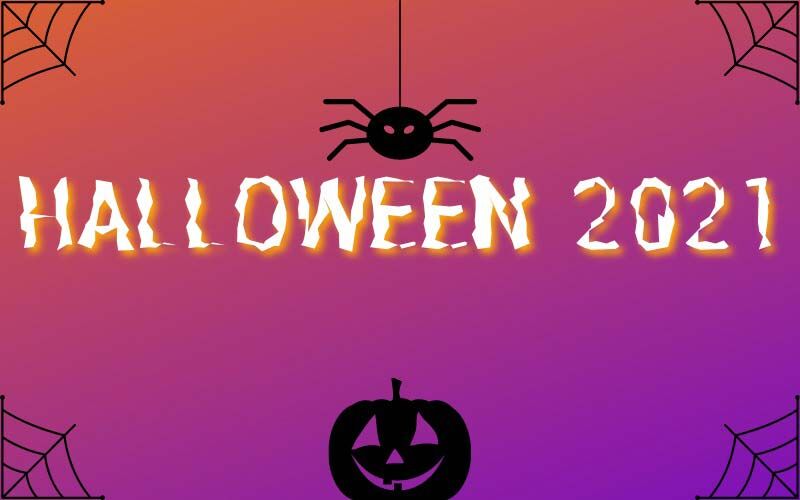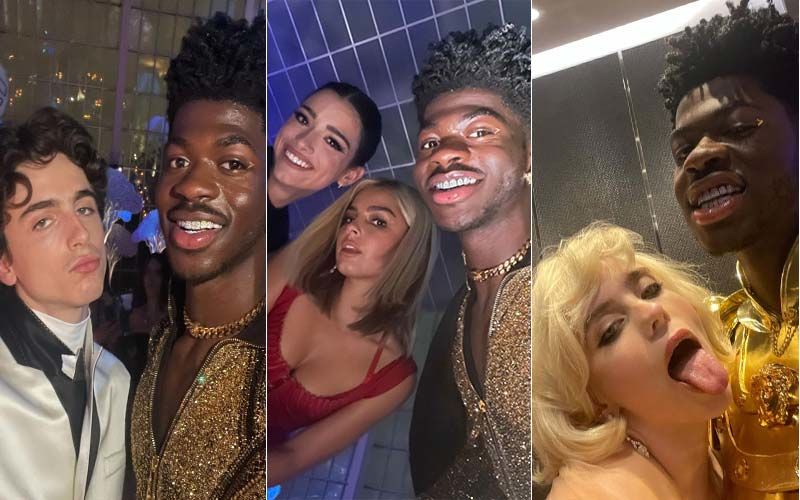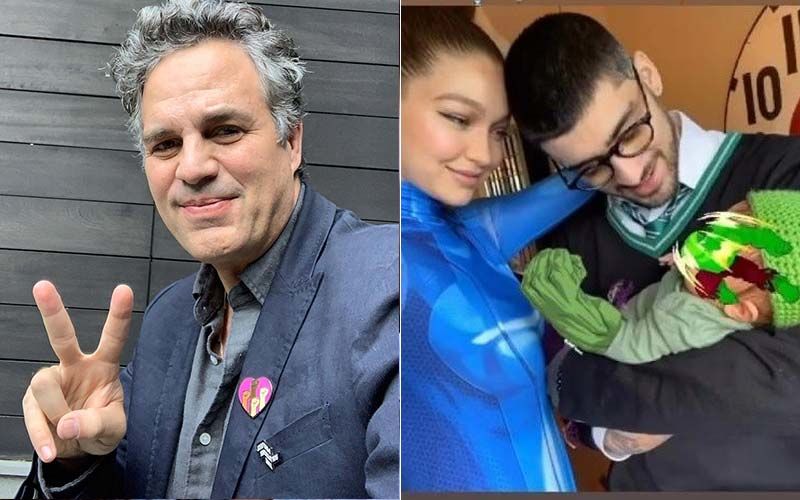Halloween 2021: Meaning, Origins, History & Significance - All You Need To Know
Halloween which is celebrated on 31st October in many countries signifies a turning point in the wheel of the year, representing the cycle of life, death, and rebirth.

The end of October and the beginning of November are the days on which many countries celebrate Halloween. As people celebrate Halloween in costume and by collecting free candies, Halloween also has a deeper spiritual significance. The holiday also carries spooky decorations and costumes.
Halloween is also known as All Hallow's Eve, was originating as the ancient Celtic festival of Samhain, which signifies the end of summer. This autumnal festival, rooted in Christian and pagan traditions, emphasized the relationship between season and life cycle. Halloween, or Samhain, is also considered a turning point in the wheel of the year, representing the cycle of life, death, and rebirth. According to the wheel of the year cycle, this was the period of death. During this time, it is believed that the veil between the living and the dead becomes thinner. In the weeks leading up to November 1st, the pace of spiritual activity increases.
People dressed up and light bonfires during the Celtic festival of Samhain to drive away ghosts. Pope Gregory III designated November 1 as the day to celebrate all saints in the eighth century. Eventually, the celebration of All Saints Day merged with some of the traditions of Samhain. The evening before All Saints Day became known as All Hallows Eve, known today as Halloween.
As early as the Middle Ages, carved turnips (later pumpkins) called Jack-O-Lanterns were used to commemorate Stingy Jack, who wandered the earth after being denied entrance into heaven and hell. Today, pumpkins are more decorative than useful. It is also believed that trick-or-treating originated from Celtic traditions of giving tokens of the harvest to wandering spirits to keep them from interfering with the harvest or harming the home. Nowadays, trick-or-treating is more about community and candy than it was in the past when it was about pacifying ghosts, fairies, and spirits.
Throughout history, Halloween has been associated with many different people, good and bad; it is a celebration of family, community, and the harvest as well as a time to dabble in the horrors of death and darkness.
Image Source: spotboye

_2020-11-25-10-55-59_thumbnail.jpg )








